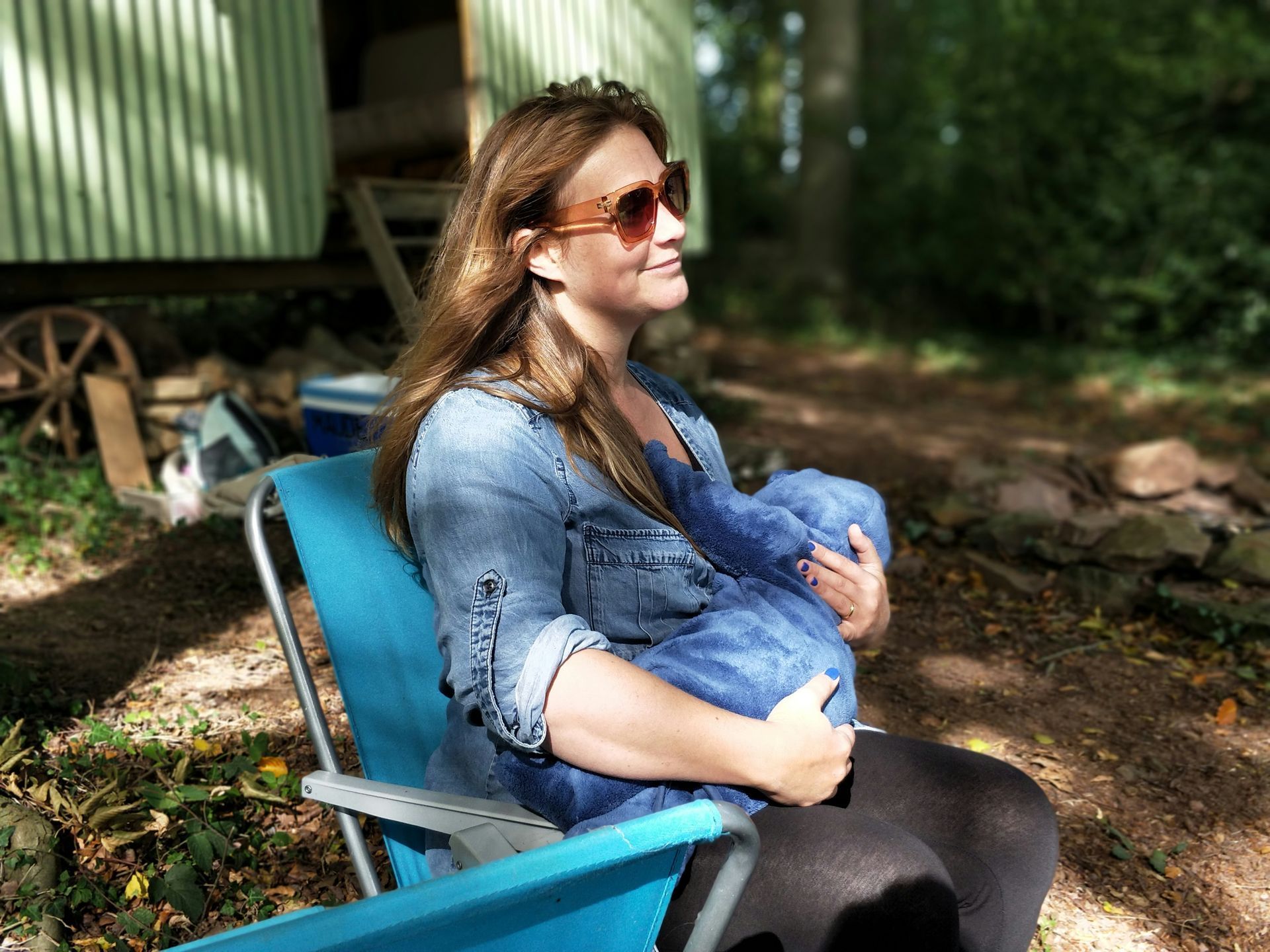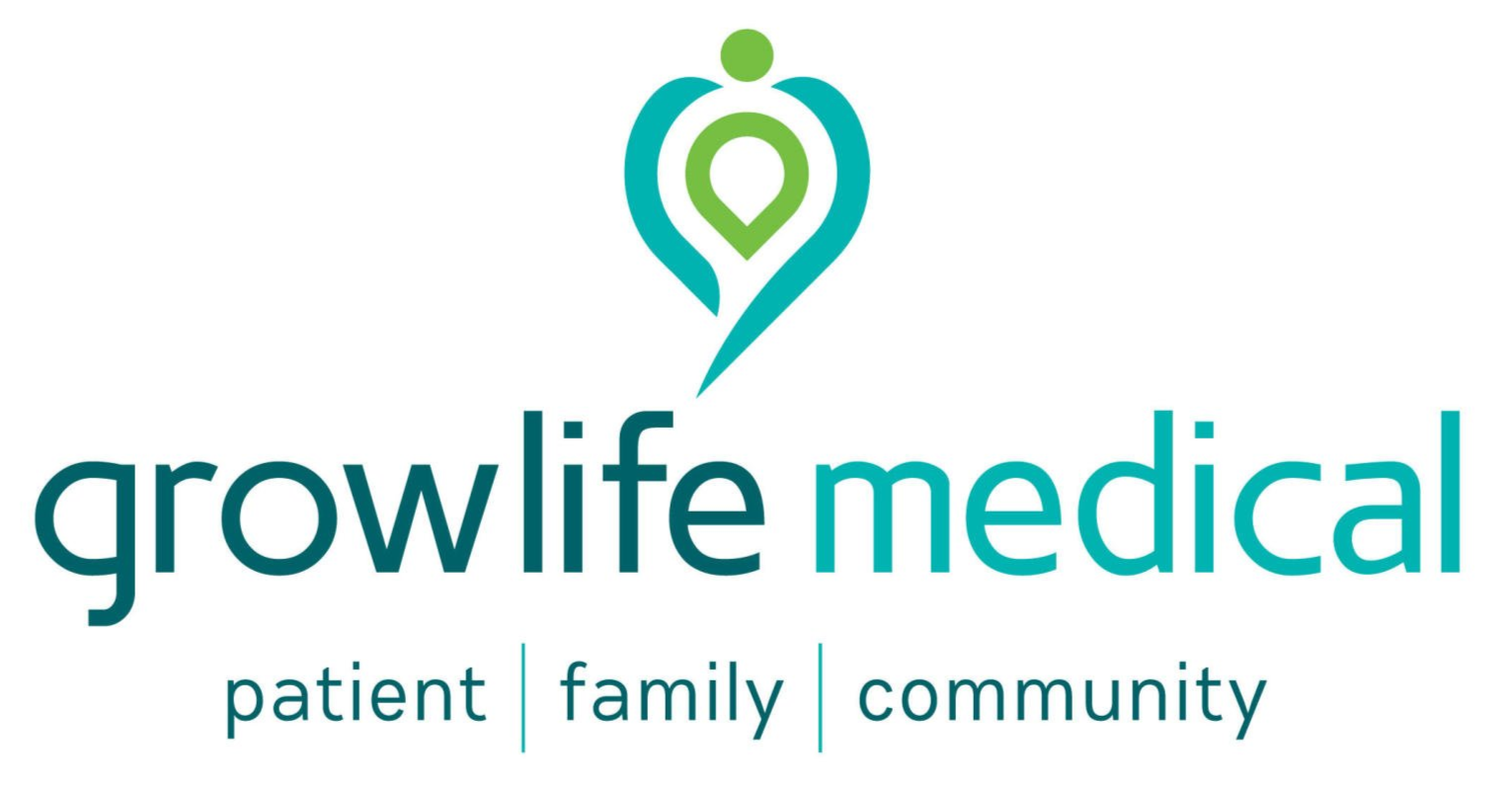Nutrition Tips for Breastfeeding Mums: Nourishing Both Mum and Baby

For those that can and decide to breastfeed their baby, it’s important to recognise the pivotal role that nutrition has during this time. Breastfeeding is a beautiful bonding experience between you and your child. Your body undergoes remarkable changes to support bubs growth and development; however, we often overlook the importance of nourishing ourselves first! In this blog we will discuss some tips and tricks for optimal nutrition during breastfeeding.
Why is this topic important?
Breast milk is the perfect food for your baby, offering a complete balance of nutrients that support their development for the first 6 months and continue to be beneficial beyond that period. Studies highlight that breastfeeding not only helps safeguard infants from infections but also lowers their risk of obesity and certain chronic conditions like diabetes as they grow older.
BUT... breastfeeding is an energy demanding task! This means your body needs an extra number of kilojoules to maintain an adequate and nutrient rich milk supply. Some mothers may notice an increase in their appetite; however, others may struggle to meet the increased energy demand whilst navigating the joys and challenges of the breastfeeding journey. Therefore, focusing on certain nutrients and food groups whilst breastfeeding will ensure the best journey ahead for both of you.
How long should I breastfeed for?
This is a personal decision that is influenced by many factors. The World Health Organization recommends exclusive breastfeeding for the first 6 months, and then continued breastfeeding while solids are introduced and continued for as long as mother and baby desire. If you are stuck on what, when, and how to introduce solids to your baby, read more about the Introduction to Solids workshops held at Growlife Medical.
Is there a certain diet I should follow while breastfeeding?
There is no ‘perfect diet’ to follow. You’ve likely heard general nutrition advice promoting ‘a healthy, balanced diet’. But what does this mean for breastfeeding mothers? Let's discuss some key areas to focus on and address some common questions we get asked!
Remember the 5 food groups!
Including a variety of healthy foods from each food group will support postnatal recovery and breastfeeding.
- Fruit – 2 serves/day: The more colour the better!
- Vegetables and legumes – minimum 5 serves/day: Frozen, fresh, canned, or steamed – you name it, it doesn’t matter! Try incorporating more dark leafy greens due to their rich calcium and folate properties.
- Grains – minimum 5 serves/day: Prioritise wholegrains such as brown rice, quinoa, whole wheat bread and oats!
- Dairy and alternatives – 2.5 serves/day: Cheese, yoghurt, milk, and calcium-fortified foods such as plant milks and canned tuna with crushed up bones all contribute to maintaining bone strength and supporting your baby's bone development.
- Meat and alternatives – 2.5 serves/day: Red meat, chicken, eggs, and fish are great sources of iron and protein (both commonly depleted when breastfeeding). Fatty fish (salmon, mackerel), flaxseeds, and walnuts contain healthy fats called omega-3s, which are essential for your baby's brain and eye development. Additionally, don’t overlook plant sources such as lentils (perfect to mix in with your spaghetti bolognese) and calcium-fortified tofu as these also contain excellent nutrients that are beneficial for the whole family!
For more information on what a ‘serve’ looks like for each of these food groups, click here. Some servings for food groups increase when breastfeeding. For example, vegetables and wholegrains are typically two food groups that fall short in mothers' diets. The best way to navigate this is through frequent snacking to ‘top up’ those stores (carrot sticks and hummus is a great option!), and always ensure there is colour on your plate during main meals.
What if I have a food allergy? Won’t I need to remove this food from my diet if I am still breastfeeding?
If your child has been diagnosed with a food allergy, it is strongly recommended to work with a dietitian and your allergist or immunologist. Excluding or avoiding food is only necessary if your baby is reacting to an allergen in your breastmilk or a health professional has advised you to avoid it. Depending on the severity of symptoms, a health professional can help you to navigate reintroducing that allergen safely.
Restrictive diets during breastfeeding are not recommended for allergy prevention.
If I follow a vegetarian/vegan eating pattern, what should I prioritise?
For those following a vegetarian or vegan diet, it is strongly recommended to seek support from a dietitian to ensure you have adequate planning and strategies in place to avoid risking nutrient deficiencies that can significantly impact your bubs growth and development. For example, naturally occurring vitamin B12 is exclusively found in animal-based products! Therefore, a breastfeeding mum who is following a plant-based diet may need to focus on B12-fortified foods such as a selection soy milks, soy-based burgers and sausages, and cereals. This website can help you to find specific food products that are fortified with vitamin B12.
Don’t forget about fluids!
Breastfeeding mums may lose ~700mL breast milk per day! So, it becomes important to drink more to replace the fluid used in breast milk. Staying hydrated is key to maintaining milk supply. Achieve this by having a water bottle everywhere you go, winding down with a herbal tea, or opting for a fresh fruit juice or glass of milk every time your baby feeds – these are all great choices!
What about coffee and alcohol?
- Caffeine: Excessive amounts can pass into breast milk: Try to limit drinks with lots of caffeine to 2 to 4 each day. These include tea, coffee, cola, cocoa, and any drinks with added guarana.
- Alcohol: the safest option is to avoid drinking alcohol altogether: When you're breastfeeding, it's best to steer clear of alcohol, especially during the first month after giving birth. Alcohol moves fast into your breast milk, matching your blood alcohol level within 30–60 minutes. If you do decide to drink, keep it to less than one standard drink a day and have it right after feeding, then wait 2–3 hours before the next feed. This way, the alcohol in your breast milk will be at a lower level by the time your baby is ready to nurse again. The Feed Safe app can be a helpful tool to ensure when it is safe to breastfeed your little one.
Do I need a supplement?
In some cases, it is recommended to commence a supplement.
- Iodine is crucial for your baby’s growth and brain development. Generally, mums who are breastfeeding should take a supplement that contains 150 micrograms of iodine. This amount is often present in most breastfeeding multivitamins. Iodine is also found in foods such as seafood, commercial bread found in your local supermarket (fun fact: mandatory iodine fortification was implemented in 2009 for all bread in Australia!!), eggs and dairy products. Steer clear of kelp (seaweed) supplements or kelp-based products – these have varying amounts of iodine and may have excess amounts of mercury.
- Vitamin D levels should be checked – particularly as we all tend to be spending more time indoors than we’d like to admit. Since most of our vitamin D typically comes from the action of sunlight on our skin, women are at risk of vitamin D deficiency. If it’s low, you will need a supplement from your GP or pharmacist.
- Iron and Vitamin B12 supplementation may also be required for mums adhering to a more plant-based dietary pattern as these nutrients are mostly found in animal-based products. Again, this isn’t a decision you need to make on your own – have a chat with your GP or dietitian to help you decide whether this would be beneficial for you and bub.
I want to lose weight, can this be done while breastfeeding?
The short answer is yes, it is possible. However, pursuing ‘fad diets’ (low carb, intermittent fasting, 800cal diets, shakes, etc.) in hope to lose weight rapidly is not appropriate during breastfeeding. If weight loss is a goal of yours, book in with a dietitian for guided support with a sustainable plan that will support the growth and development of your baby!
Bonus tips...
- Snack smart: Keep healthy snacks like fruits, nuts, and yoghurt stocked up at home, in your car, and in your handbag!
- Eat small, frequent meals: This helps maintain energy levels and milk production throughout the day. Remember- breastfeeding is an energy-intensive task!
- Consult a dietitian: Especially if you have specific dietary concerns or restrictions.
In conclusion...
Remember, breastfeeding nutrition is about nourishing both yourself and your baby. Listen to your body's cues, prioritise balanced meals, and enjoy this special time of bonding through nourishment. Your health and wellbeing are the foundation for your baby's growth, so take care and savor every moment of this incredible journey.
Disclaimer
This blog covers general advice only and does not factor in the context for every family going through their own feeding journeys. For more individualised advice, please book in with Georgia Blair (Dietitian) or Sam Foster (Lactation Consultant).
